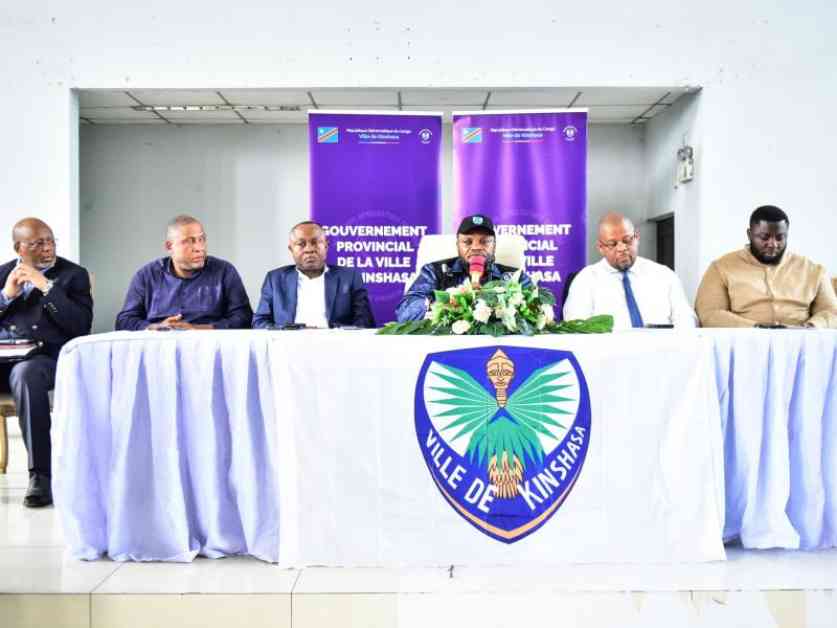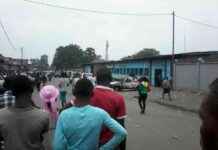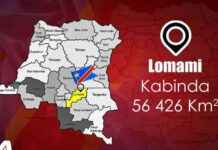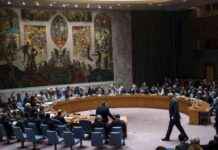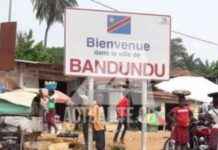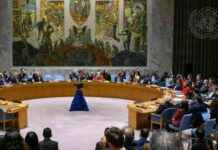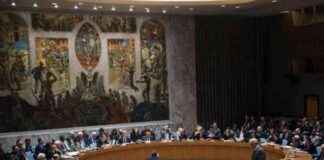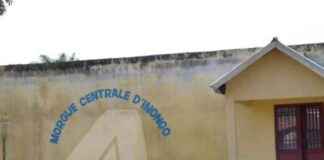In a recent announcement, Governor Daniel Bumba Lubaki of Kinshasa unveiled a groundbreaking initiative aimed at integrating pousse-pousseurs (pushcart operators) into the waste management and valorization chain of the Congolese capital. This strategic move comes in response to the observation that these informal workers, often due to a lack of alternatives or lack of civic consciousness, contribute to the spread of waste throughout the city streets.
During a meeting with provincial ministers of Interior, Public Works, and Environment, as well as mayors and street leaders, the governor outlined his comprehensive plan. Pousse-pousseurs will be encouraged to register with the city hall to be officially involved in the disposal of waste to the Mpasa center, recently reclaimed by the city after a lengthy legal battle. This project goes beyond waste disposal, as negotiations are underway with specialized companies to establish a waste valorization system. The aim of this initiative is to combat pollution, create job opportunities, and boost the local economy. “We want to turn what is currently a problem into an opportunity for our city,” stated Daniel Bumba.
Simultaneously, the governor tasked mayors with identifying roads and thoroughfares in poor condition for rehabilitation. This measure is part of a broader effort to enhance urban infrastructure and improve mobility in the capital. While addressing local issues, Daniel Bumba also emphasized his commitment to national defense. He reiterated his call for vigilance and solidarity with President Félix Tshisekedi, the supreme commander of the armed forces, amidst the Rwandan aggression in the eastern part of the country.
Empowering Informal Workers for Sustainable Waste Management
The integration of pousse-pousseurs into waste management not only addresses the immediate issue of waste spread but also opens up new opportunities for these informal workers. By formalizing their involvement in waste disposal and potentially offering training in waste valorization, the initiative not only helps keep the streets clean but also empowers a marginalized group within the community. This approach highlights the importance of inclusivity and sustainability in urban development initiatives.
Infrastructure Development for a Cleaner, More Efficient City
The governor’s directive to rehabilitate roads and improve circulation networks underscores the interconnected nature of urban development. By investing in infrastructure, Kinshasa not only enhances the quality of life for its residents but also paves the way for future growth and development. Improved roads not only facilitate waste management efforts but also boost economic activity and social cohesion in the city. This multi-faceted approach to urban planning sets a solid foundation for a cleaner, more efficient city.
Governor Daniel Bumba’s holistic approach to urban governance, encompassing waste management, infrastructure development, and national defense, reflects a nuanced understanding of the challenges facing Kinshasa. By addressing these issues in a comprehensive manner, he demonstrates a commitment to sustainable growth and community well-being. As the city embarks on this new phase of integrated waste management, the involvement of all stakeholders, from informal workers to government officials, will be crucial in ensuring its success.
